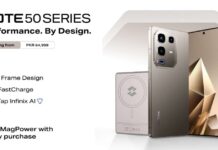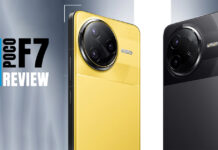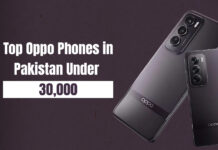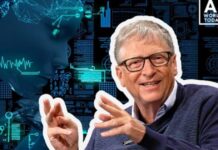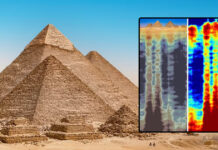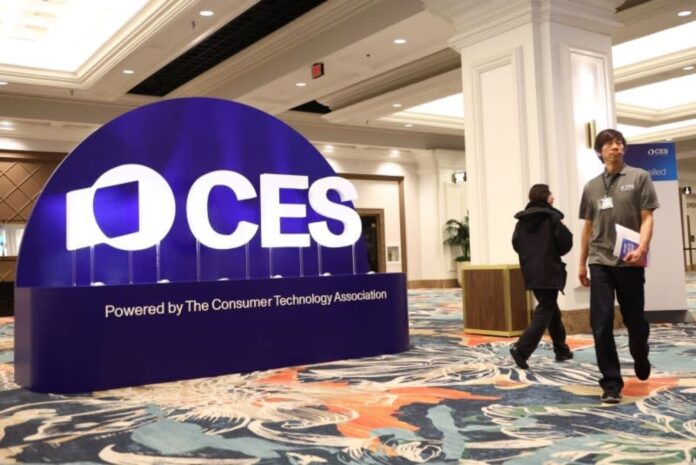The annual Consumer Electronics Show (CES) in Las Vegas opened on January 7, 2025, with tremendous breakthroughs in technology. The event, this year, boasted 4,500 exhibitors spread over 232,000 square meters and put the spotlight on Artificial Intelligence (AI) across personal tech, healthcare, mobility, and environmental solutions.
Roborock’s Revolutionary Vacuum Cleaner
The US-based robotics company Roborock unveiled on Tuesday what it calls the world’s first vacuum cleaner with a robotic arm. This AI-based device not only cleans floors but can also spot and pick up objects weighing under 300 grams, like socks and towels.

“Without AI, the robotic arm is just an arm,” explained Ruben Rodriguez, Senior Manager of Global PR at Roborock. The incorporation of machine learning helped ensure that the device could recognise, adapt, and respond to action to provide flawless cleaning and organisation.
Tombot’s Robotic Dog, Jennie
In a heartwarming display of AI in healthcare, Tombot introduced Jennie, a robotic dog designed to comfort individuals with dementia. Unlike traditional robotic pets, Jennie uses touch sensors and voice recognition to provide companionship, reducing symptoms like anxiety and loneliness.
“She doesn’t walk to avoid tripping hazards but can stay on a person’s lap for hours, offering round-the-clock comfort,” shared Marissa Steingold, Marketing Executive at Tombot.
molluSCAN: Sensing Water Quality through Molluscs
The French firm molluSCAN fused marine biology with AI in monitoring water quality through molluscs. They act as living sensors that monitor the pollutant in real time.
If the molluscs are subjected to pollution, “our system notifies clients instantaneously,” Ludovic Quinault, chief executive officer says. This kind of approach can easily revolutionise environmental safety early warnings.
Read More: Nvidia Unveils AI Tools and Gaming Chips at CES 2025
AI for Mobility Beyond Automobiles
AI was going to change mobility beyond self-driving cars. Gary Shapiro, President of the Consumer Technology Association (CTA), said that AI is now being integrated into diverse vehicles and systems. From scooters to delivery drones, AI enhances efficiency, personalisation, and safety.
AI for Personalised Technology
AI is not only making products better but transforming them into tools designed for specific needs. Integration of AI in laptops and personal computers has heightened their functionality. Companies like Nvidia are focusing on AI-powered PCs that offer unmatched personalisation.
Nvidia unveiled Project Digits Personal AI Supercomputer at CES, an emblem of this movement. The form factor is petite yet potent. It is great for more involved tasks like processing natural language, or even elaborate simulations; all in 200 billion AI parameters.
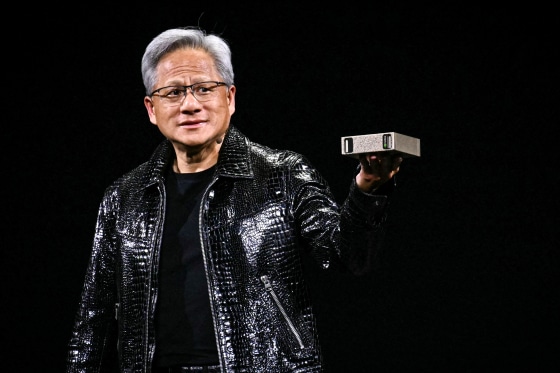
Controversy over the Need For AI
Where proponents hail AI’s transformative potential, detractors would say some applications overemphasise the importance of AI.
“There’s a lot of AI looking for problems to solve,” observed Carolina Milanesi, a technology expert. She pointed out that some of the devices were solving problems that didn’t necessarily need solutions, which marked a larger discussion about meaningful innovation versus gimmickry.
CES 2025 solidifies AI as a dominant force, giving us a glimpse into a future where technology not only does things but also anticipates our needs. Not every product will stick, but the event lays the groundwork for meaningful AI integration in everyday life.
Stay tuned to Brandsynario for latest news and updates.



